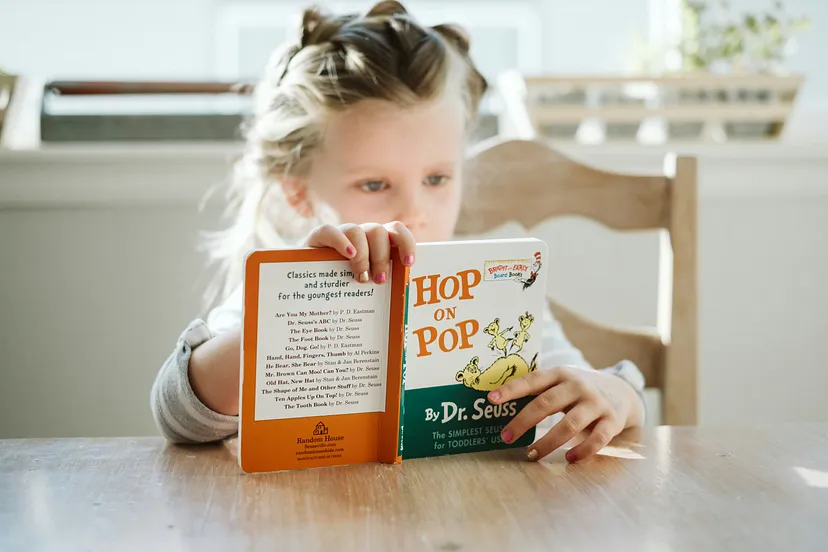In the formative years of 3-8, children embark on a journey of exponential growth, where each experience and interaction significantly influences their emotional and social development.
Among these experiences, reading stands out as a pivotal activity, laying a foundation for a lifetime of learning, empathy, and connection.
This article delves into the multifaceted impact of reading on young minds, guided by scientific research and expert insights, offering parents’ actionable advice to nurture a lifelong love for reading in their children.
Cognitive Benefits
Language Acquisition and Literacy Skills
- Vocabulary Expansion: Regular reading introduces children to a vast array of words, many of which are not encountered in everyday conversations.
- Enhanced Comprehension: Stories help children grasp complex concepts and abstract ideas, improving their ability to understand and process information.
- Critical Thinking: Engaging with characters and plots encourages children to predict outcomes and analyse situations, fostering decision-making skills.
Actionable Advice:
- Choose books with rich language and diverse subjects.
- Discuss stories with your child, asking open-ended questions to encourage critical thinking.
Emotional Development
Empathy and Understanding
- Reading about diverse characters and settings helps children develop empathy, as they learn to understand emotions and perspectives different from their own.
Self-Expression and Confidence
- Identifying with characters and their challenges can boost children’s self-esteem and encourage them to express their feelings and ideas.
Actionable Advice:
- Select books that depict a wide range of emotions and situations.
- Encourage your child to share their thoughts and feelings about the story.
Social Skills Enhancement
Relationship Building
- Shared reading experiences foster stronger bonds between parents and children, as well as provide a basis for discussing social situations and behaviors.
Cultural Awareness
- Stories from different cultures and backgrounds promote inclusiveness and help children appreciate the diversity of the world around them.
Actionable Advice:
- Incorporate reading into daily routines, such as bedtime stories or weekend story hours.
- Choose books that celebrate diversity and teach valuable social lessons.
Fostering a Love for Reading
Creating a reading-friendly environment at home is crucial for nurturing an interest in reading. Here are some tips to make reading an enticing and enjoyable part of your child’s life:
- Design a Cosy Reading Nook: Create a comfortable and inviting space dedicated to reading, equipped with a variety of books accessible to your child.
- Lead by Example: Show your child that reading is a valuable and enjoyable activity by reading regularly yourself.
- Visit Libraries and Bookstores: These outings can be exciting adventures, offering your child the opportunity to explore and choose their own books.
- Incorporate Technology Wisely: Utilise educational apps and e-books to complement physical books, especially for interactive learning experiences.
The impact of reading on children aged 3-8 is profound and far-reaching, influencing their cognitive abilities, emotional intelligence, and social skills.
By integrating reading into the daily lives of young learners, parents can provide a strong foundation for their children’s future success.
Remember, fostering a love for reading is a journey you embark on with your child—one filled with discovery, learning, and boundless imagination.
Let the pages of books open the door to a world of possibilities for your child’s growth and development.

Leave a Reply